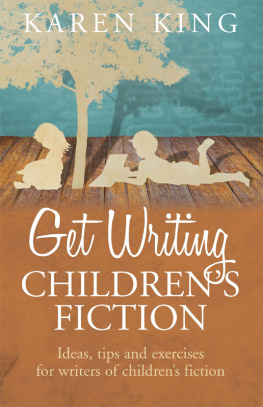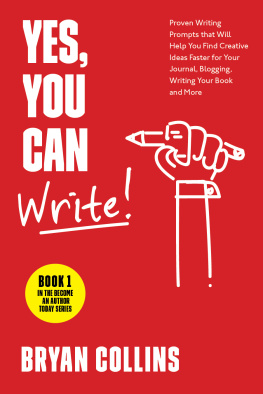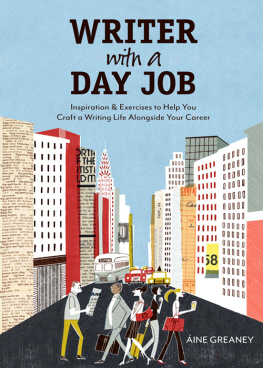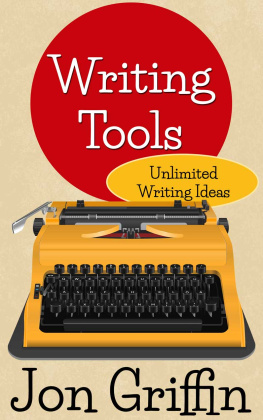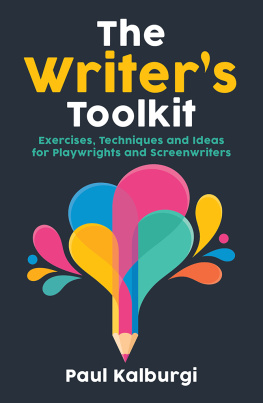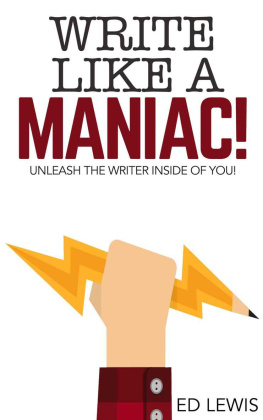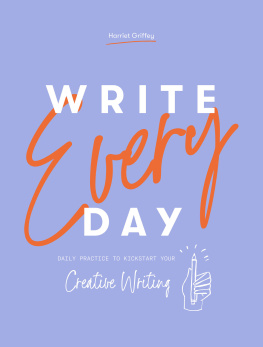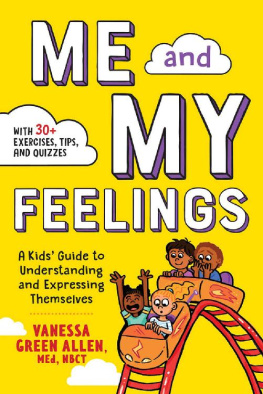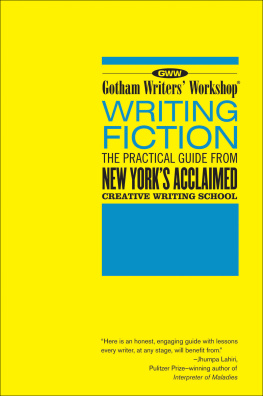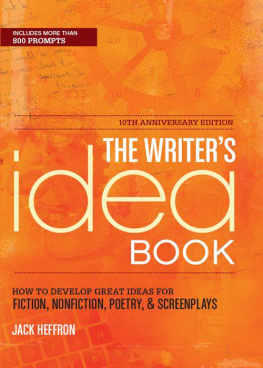Introduction
I want to thank and congratulate you for downloading my book, Creative Writing Workbook: 20 Simple Exercises to Unleash Your Creativity.
This book contains proven steps and strategies on how to boost your creativity and enable you to drastically improve your creative writing skill s even if you do not have a writing background.
While creative writing is a personal process, and there are different methods and habits that people develop to dig deep into their reserves whenever they are faced with a drought in creativity, there are basic techniques upon which these personal systems are based. This book will present them to you. Hopefully, you can develop your own system from there.
Thanks again for downloading this book, I hope you enjoy it!
Copyright 2016 - All rights reserved.
This document is geared towards providing exact and reliable information in regards to the topic and issue covered. The publication is sold with the idea that the publisher is not required to render accounting, officially permitted, or otherwise, qualified services. If advice is necessary, legal or professional, a practiced individual in the profession should be ordered.
- From a Declaration of Principles which was accepted and approved equally by a Committee of the American Bar Association and a Committee of Publishers and Associations.
In no way is it legal to reproduce, duplicate, or transmit any part of this document in either electronic means or in printed format. Recording of this publication is strictly prohibited and any storage of this document is not allowed unless with written permission from the publisher. All rights reserved.
The information provided herein is stated to be truthful and consistent, in that any liability, in terms of inattention or otherwise, by any usage or abuse of any policies, processes, or directions contained within is the solitary and utter responsibility of the recipient reader. Under no circumstances will any legal responsibility or blame be held against the publisher for any reparation, damages, or monetary loss due to the information herein, either directly or indirectly.
Respective authors own all copyrights not held by the publisher.
The information herein is offered for informational purposes solely, and is universal as so. The presentation of the information is without contract or any type of guarantee assurance.
The trademarks that are used are without any consent, and the publication of the trademark is without permission or backing by the trademark owner. All trademarks and brands within this book are for clarifying purposes only and are the owned by the owners themselves, not affiliated with this document.
Chapter 1: Getting Started
When it comes to boosting creativity, there are many different ways through which this can be done,and it can vary greatly from one person to the other. There are people who cultivate special routines and habits meant to help them whenever a creative drought occurs. Others have special items our rituals that they must do in order to ensure maximum inspiration. Needless to say, this can be a very personal process. That said, there are basic techniques upon which these are all based and these are what w e re going to tackle.
Le t s get right to it.
1 - Habits and Routines.
Most people tend to think that routine is the furthest thing from being creative as one can get. In fact, it might bring to mind images of long commutes, 9 to 5 workdays, tedious repetitions, and so on; basically, all the stuff that might drain someone of any inspiration. However, this is n t always the case. In fact, quite a lot of successful creative writers make use of routines to their advantage. Instead of waiting and sitting around until inspiration shows up, they wrestle and wrangle it to their will.
These people would typically get up at around the same time, eat a fairly similar breakfast each day and then take it upon themselves to sit at their writing desk or stand inside their studio at the same hour each day. History provides us with exemplary example s Franz Kafka began writing at 11pm every night whileBenjamin Franklin would wake up at 5am every morning to ask himself one question : What good shall I do this day ? A lot of creative, as surprising as this might sound, find that routine actually stimulates their creativity. Some view it as a way of nudging the mind to get into creation mode.
So, what kind of routine should you develop? Something simple. Keeping things this way should help in preventing you from becoming overwhelmed by the routine itself. Of course, if you choose something more complicated, you can end up wasting time and energy on it that you could have been using for your writing instead. Writer Stephen King always keeps water or tea by his side whenever h e s writing. It is simple, yet effective judging by his prolific writing. Keep your routine to a maximum 2 to 4 things and change things as you go along. Tweaking would help you perfect your pre-writing routine to a tee.
Some things that you can include in your routine:
- Going for a walk before you begin writing.
- Waking up at a specific hour.
- Writing down a specific number of words within an hour before taking a break.
- Listing down 20 different ideas before you begin.
These are just a few simple things you can try out. Yo u re bound to discover what works and what does n t work for you once you do get started with this method. Remember, do your best to stick to the routine you created and observe how it helps get your creativity flowing.
2 - Planning
The thing with routine is that it can get very boring and you might find yourself becoming just a tiny bit frustrated over it. The whole process might become tedious and in some cases, even drain you of much needed motivation. This is why it's also important to plan ahead. This does not mean that you should plan out your day down to the very last minute. It simply means that you know what you need to do for that day while also leaving some allowance should something unexpected come up. You wouldn't want to shut yourself off from anything just because you want to keep up with your routine, right?
How do you begin planning? Well, take your routine in consideration. How much time will it consume? Now think about how many hours you want to spend on writing, an approximate time would be enough as most writers do not really have a set time for this. Think about the things you want to achieve within that time and which ones are of higher priority. You can opt to make a list of these things or simply keep them in mind as you work through your writing. Not only will this list give you direction, it will also put your mind into work and create mode. Having a clear guide always helps.
Give yourself a deadline instead of simply going with the flow. While the latter can work, it might also create unhealthy writing and work habits. A deadline would provide you with an approximation when it comes to your time. You might find that the simple addition of this step to your writing allows you to write more without needing to forget everything else-- as quite a few writers have a tendency to do.
Do remember, planning need not be rigid. Keep it simple and suited to your personal preferences. The less you have to think or worry about, the more creative you can become.
3 - Spelling and Grammar
Here's the deal with this, many writers are often offended whenever they are asked to do this-- they are writers after all, and wouldn't be so if their spelling and grammar are n t up to par. However, even the best do make mistakes and are also prone to becoming repetitive when it comes to the words they use. Simple grammar mistakes such as interchanging the uses of they're and their or lose and loose are quite common. Make mistakes like that and you can easily be considered an amateur.


